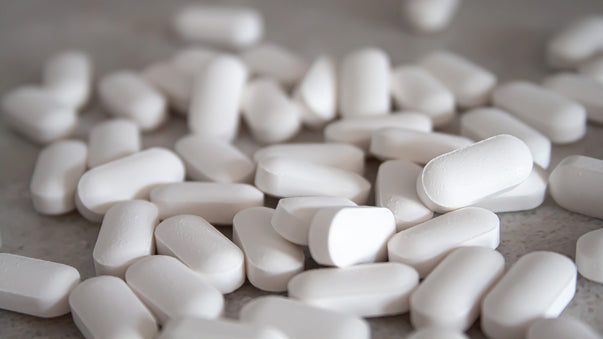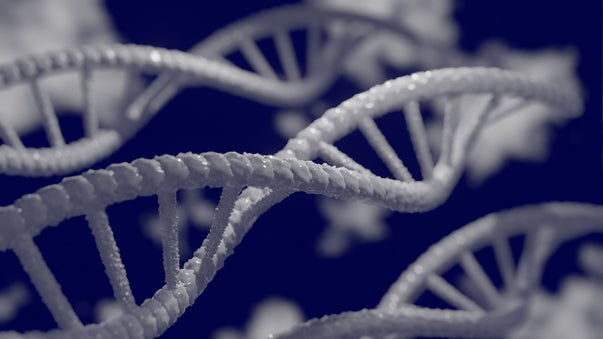Caffeine Benefits, Side Effects, and Affects on Health

If you can’t imagine getting up in the morning without reaching for a cup of coffee, you’re not alone. Namely, over 50% of Americans aged 18 or older drink coffee every day. It’s delicious, helps us wake up faster and feel more energized, and it improves our concentration during the day.
However, there can be too much of a good thing. So coffee lovers should limit their coffee intake to the recommended maximum daily dose of four regular cups, which is equivalent to 400 mg of caffeine.
Caffeine can also be found in black and green teas, cocoa, soft drinks, energy drinks, chocolate, and supplements. Chances are some of your favorite beverages or sweets contain caffeine too. But caffeine has both positive and negative effects on our overall health.
Caffeine Improves Concentration
Studies show that caffeine can improve mental performance, especially alertness, attention, and concentration. In moderation, it may enhance memory performance, while a higher intake may, in turn, decrease it. This makes coffee popular among students, as it can enhance short-term memory — a type of memory activated when learning new material.
Caffeine in Pain Management
Studies show that coffee has a significant role in pain management. It can help reduce pain perception by blocking adenosine receptors in our brain. And it can stimulate the release of dopamine and beta-endorphins, which acts as a natural painkiller.
Also, caffeine is a common ingredient in many headache medications, making pain relievers 40% more effective.
Can Coffee Help With Cancer?
According to the World Cancer Report for 2020, coffee consumption may lower the risk of liver and endometrial cancer. Furthermore, it may reduce the risk of mouth and throat cancer, colon cancer, and skin cancer.
These results come from observational studies. Besides caffeine, other coffee ingredients may have contributed to the results. Therefore, more evidence is needed to evaluate the potential anticancer properties of caffeine.
Caffeine Can Affect Sleep
Caffeine consumption can have adverse effects on sleep, such as the delayed onset of sleep, increased nighttime awakenings, reduced total sleep time, altered sleep-related brain activity, and decreased self-reported sleep quality.
Moreover, caffeine suppresses melatonin, which is a hormone that regulates sleep cycles. When melatonin production in the body is delayed, it can significantly disrupt the quality of nighttime sleep.
Caffeine and High Blood Pressure
Caffeine can cause a noticeable short-term increase in your blood pressure levels. If you have high blood pressure on a regular basis, you should avoid caffeine right before activities that may raise your blood pressure, like exercising or hard physical labor. It is advisable to consult your doctor regarding your recommended caffeine intake.
Caffeine Addiction
Caffeine addiction is the excessive use of caffeine. It can have a negative effect on your health, social interactions, and other areas of your life. When a person addicted to caffeine tries to stop drinking coffee, it can cause caffeine withdrawal.
Symptoms of caffeine withdrawal include headaches, fatigue, anxiety, difficulty concentrating, depression, irritability, tremors, and low energy. If you want to avoid these symptoms, cut back on caffeinated beverages gradually instead of quitting suddenly.
Conclusion
Caffeine consumption has both positive and negative effects on the body. Most people can enjoy foods and drinks with caffeine without worrying too much about their health. However, if you already suffer from an ailment, you should talk to your doctor about how much is safe for you.
Remember that moderation is vital. If you love coffee and find yourself regularly drinking too much of it, you could benefit from setting a daily limit or switching to decaffeinated coffee as an alternative.
More Articles
Read more articles at Thrivous, the human enhancement company. You can browse recent articles in Thrivous Views. See other Nootropics articles. Or check out an article below.
-
Dexamethasone Improves Survival in COVID-19
The low-dose steroid treatment dexamethasone is a major breakthrough in the fight against the deadly virus, COVID-19. This is according ...
-
CRISPR Gene Editing Cures Inherited Disorders
Blood transfusions are normally used to treat severe forms of beta thalassaemia and sickle cell disease. However, three people with these ...


